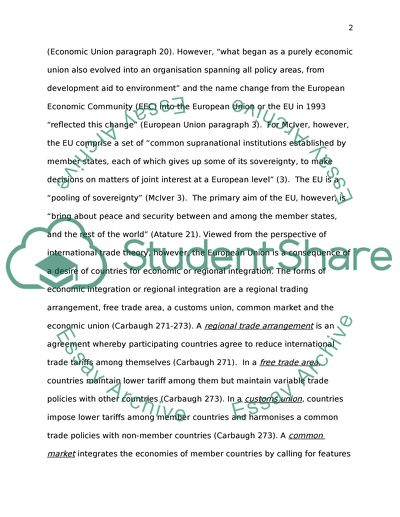Cite this document
(European Union, Theory and Emerging Economies Case Study, n.d.)
European Union, Theory and Emerging Economies Case Study. Retrieved from https://studentshare.org/macro-microeconomics/1466608-international-trade-and-investment-patterns
European Union, Theory and Emerging Economies Case Study. Retrieved from https://studentshare.org/macro-microeconomics/1466608-international-trade-and-investment-patterns
(European Union, Theory and Emerging Economies Case Study)
European Union, Theory and Emerging Economies Case Study. https://studentshare.org/macro-microeconomics/1466608-international-trade-and-investment-patterns.
European Union, Theory and Emerging Economies Case Study. https://studentshare.org/macro-microeconomics/1466608-international-trade-and-investment-patterns.
“European Union, Theory and Emerging Economies Case Study”, n.d. https://studentshare.org/macro-microeconomics/1466608-international-trade-and-investment-patterns.


